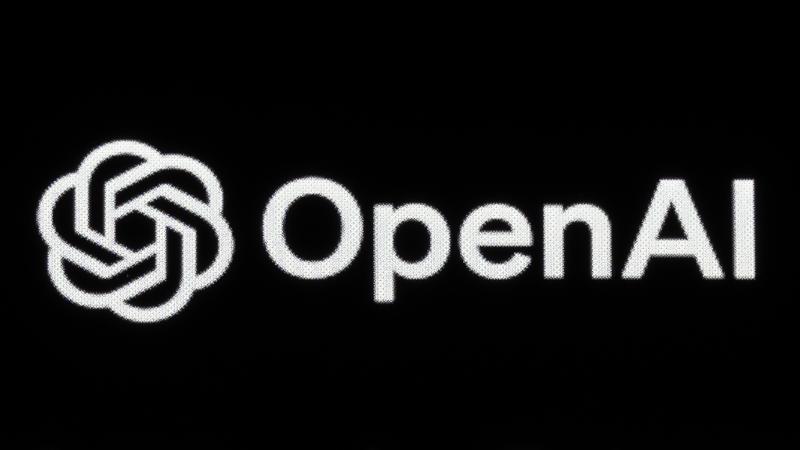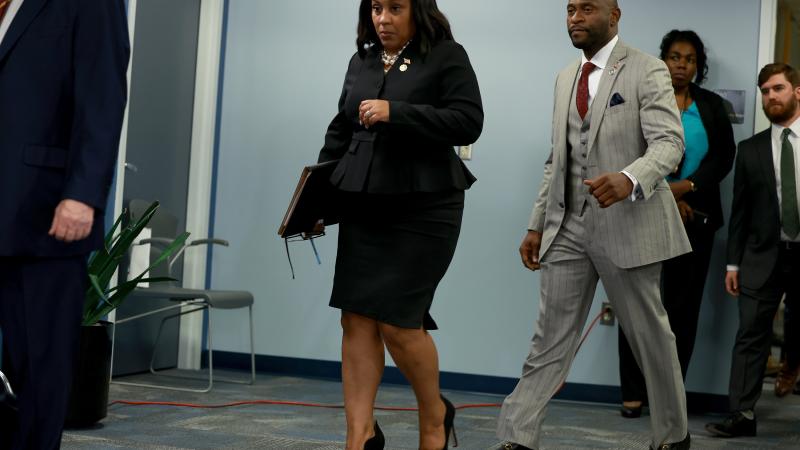New document dump undercuts ex-Twitter execs' repeated denials of viewpoint bias, shadowbanning
Elon Musk promises new tool to help users learn if they are shadowbanned.
Twitter executives have for years denied that the platform shadowbans conservative users, but a recent document dump appears to undermine past public statements from company leaders and has called into question the platform's truthfulness when dealing with user concerns.
Former New York Times journalist Bari Weiss on Thursday posted a series of internal documents from the social media giant to which new CEO Elon Musk had granted her and a team of reporters access on condition that they first publish their findings on the site.
After the new release, Musk himself confirmed the platform was shadowbanning and promised a new tool to help users detect if they were being affected so they could appeal.
“Twitter is working on a software update that will show your true account status, so you know clearly if you’ve been shadowbanned, the reason why and how to appeal," he tweeted.
Included in that dump was a detailed examination of a practice the company dubbed "visibility filtering," a process by which the platform would reduce the prospective reach of a post with a "disfavored" viewpoint or the entire account without the user's knowledge. This process is known colloquially as shadowbanning.
Over the years, Twitter has faced allegations, in particular from conservative and anti-establishment users, that it was quietly and deliberately stifling the growth of their accounts and reach of their posts, effectively curtailing their ability to spread an alternative viewpoint.
Prior to Musk's takeover of the company, Twitter executives had adamantly denied that it practiced shadowbanning and further affirmed that the platform did not do so on the basis of viewpoint.
"We do not shadow ban," wrote then-head of Legal Policy and Trust Vijaya Gadde and Product lead Kayvon Beykpour in a 2018 blog post. "You are always able to see the tweets from accounts you follow (although you may have to do more work to find them, like go directly to their profile). And we certainly don't shadow ban based on political viewpoints or ideology."
The pair, at the time, defined shadowbanning as "deliberately making someone's content undiscoverable to everyone except the person who posted it, unbeknownst to the original poster." This definition, however, may be somewhat narrow in that critics and victims of the practice usually mean only that their posts have had their reach limited, not been hidden entirely. Moreover, the need to "go directly to their profile" to view posts from an account one follows defeats the purpose of following an account, which is to see their posts in one's primary feed.
In the aftermath of Weiss' postings, Twitter was immediately awash with commentators highlighting the disparity between the platform's public statements and the information from the document dump.
"'Visibility filtering' sounds a lot like the 'shadowing banning' long denied by Twitter," tweeted George Washington University Professor Jonathan Turley, adding: "If true, it will be fascinating to watch the spin on blacklisting. Reporters and writers have already embraced censorship. Will they now embrace blacklisting?"
Conservative talk show host Dan Bongino, whose account was featured in the document release and identified as having been blacklisted, said Weiss' revelations validated his longstanding assertions about the platform's practices.
"We ALWAYS knew we were a target of the Twitter suppression machine," he tweeted. "ALWAYS. Yet liberals insisted it was another 'conspiracy theory.' Tonight is vindication, yet I expect no apologies from liberals. They live to abuse power and they’ll make no apologies for doing so."
















